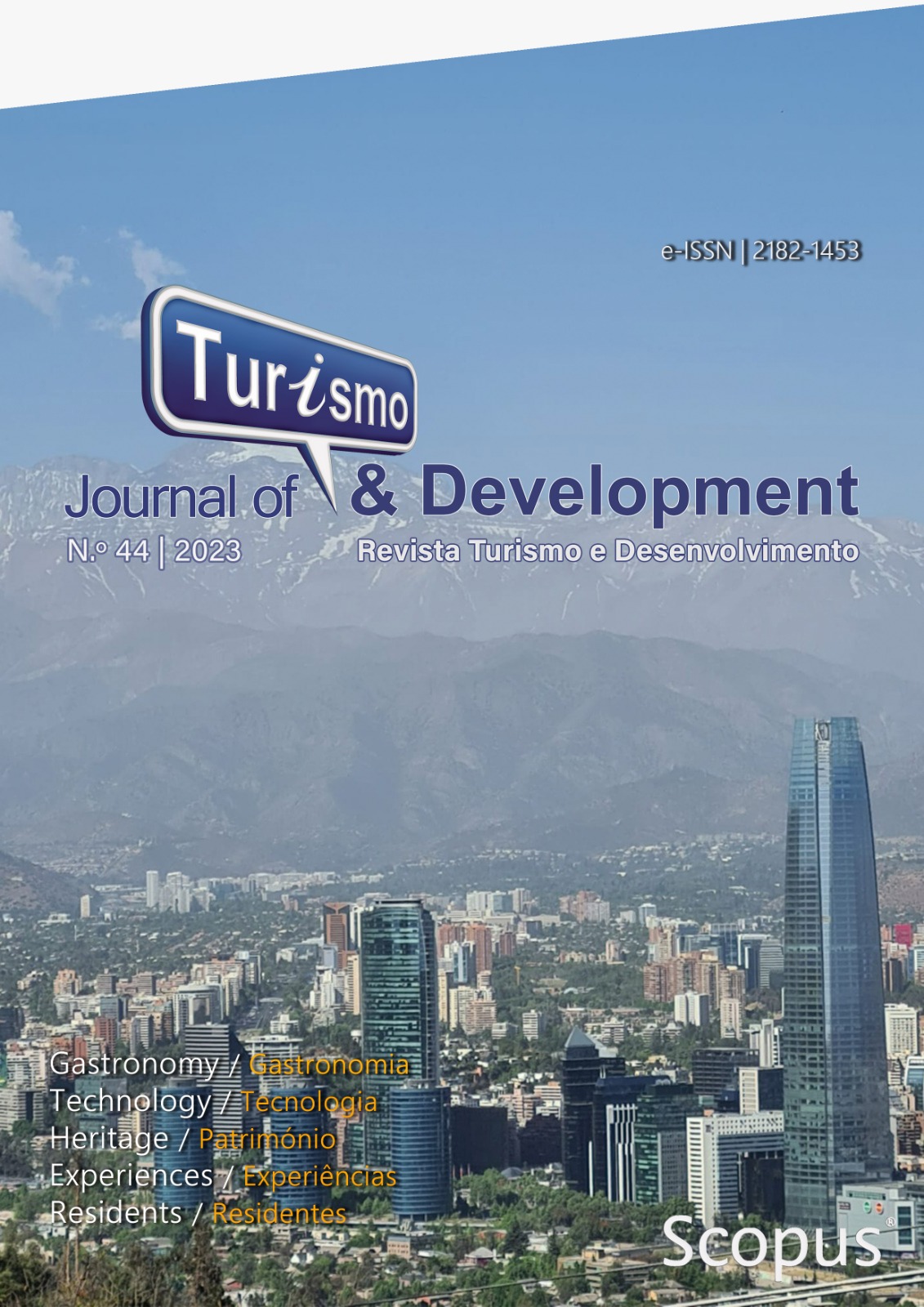Servicescape, E-WoM, and satisfaction on tourists’ revisit intention to yoga tourist destination: Evidence from Patanjali Yogpeeth, India
Resumo
With tourists’ growing interest in revitalising their bodies, mind, and spirit through learning and practicing yoga, yoga tourism is getting attention rapidly in academia and industry, The age-long practice of yoga, ayurveda, and meditation make India an excellent hotspot for yoga tourism. Patanjali Yogpeeth is chosen as the area of the study, considering its prominence and impact on the whole industry. The institution promotes exercise, research, and advances in ayurveda and yoga. This research examines the influence of electronic word of mouth (E-WoM) and servicescape on tourists’ revisit intention to the Patanjali Yogpeeth with the mediating role of tourist satisfaction. Quantitative methodology was applied in the current study, and 231 tourists’ data was collected from those who have revisited Patanjali Yogpeeth. The findings showed that tourists’ revisit intention towards Patanjali Yogpeeth has a significant relationship with E-WoM and servicescape. In addition, perceived satisfaction mediates the relationship between tourists’ revisit intention and E-WoM and servicescape. From the practical aspect, this research will help the tourism and travel industry stakeholders with empirical evidence. From the theoretical aspect, the study extends the applicability of the Stimulus Organism Response (S-O-R) theory.





